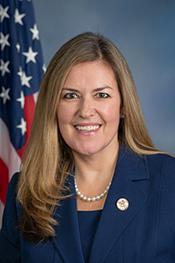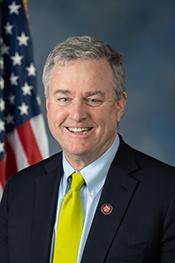0
Patient Protection and Affordable Care Enhancement Act
11/1/2022, 5:03 PM
Congressional Summary of HR 1425
Patient Protection and Affordable Care Enhancement Act
This bill modifies various health insurance programs related to consumer costs for private health insurance plans, Medicaid funding and eligibility, and prescription drug pricing. Specifically, the bill increases the amount and income thresholds for the premium assistance tax credit program and expands access to such tax credit for employees with employer-provided family plans that cost in excess of 9.5% of the employee's household income.
Further, the bill provides additional funding for states to establish health insurance exchanges and establishes the Improve Health Insurance Affordability Fund. States must use allocated funds to (1) issue reinsurance payments to health insurers (i.e., reimbursements to protect insurers against exceedingly high claims) for individual health insurance coverage, or (2) provide other assistance to reduce out-of-pocket costs (e.g., copayments, coinsurance, and deductibles) for qualified health plans offered in the individual market through an exchange.
The bill also nullifies a rule that expands short-term, limited-duration health insurance plans. Such plans may offer coverage for only a limited amount of time and are exempt from certain coverage requirements. The bill also nullifies guidance that alters how states may satisfy the criteria for approval of State Innovation Waivers from certain health insurance coverage requirements.
Additionally, the bill directs the Department of Health and Human Services (HHS) to conduct outreach, education, and reporting activities related to enrollment in plans through health insurance exchanges, particularly in areas with disparities in income or health outcomes. It also establishes and funds grants to states to promote enrollment in health insurance coverage and requires health insurance exchanges to establish network adequacy standards. The bill makes recipients of benefits under the Deferred Action for Childhood Arrivals Program eligible for qualified health plans offered through such exchanges.
With respect to Medicaid, the bill increases to 100% the federal share of the cost for states to meet the minimum Medicaid expansion requirements and to cover newly-eligible individuals; the current federal share of such costs is 90%. It also requires states to provide 12 months of continuous coverage to individuals enrolling in Medicaid or the Children's Health Insurance Program (CHIP) and extends postpartum Medicaid and CHIP coverage to 12 months. The bill further reduces federal matching funds for administrative costs and expands reporting requirements for states that have not met specified Medicaid expansion requirements.
Additionally, the bill
- extends through FY2024 the minimum payment requirements for primary care services;
- permanently extends CHIP funding and eligibility, enrollment, and quality assurance provisions;
- increases the permissible family income threshold for children whom states may make eligible for Medicaid and CHIP;
- extends Medicaid coverage to residents of the Freely Associated States (i.e., Federated States of Micronesia, the Republic of the Marshall Islands, and the Republic of Palau); and
- increases the federal medical assistance percentage for services provided through Indian Health Care Services.
The bill also establishes the Fair Drug Pricing Program that directs HHS to negotiate with manufacturers to set the price for selected drugs and biological products. HHS must select certain drugs and biological products that are among the most costly based on spending under Medicare and enter a voluntary negotiation with manufacturers to establish a maximum price for each drug or product. The negotiation must consider, among other factors, the cost of research and development of the selected drug or biological product, the cost of production, national sales data, and information about alternative products.
The bill establishes an excise tax on manufacturers that do not comply with a negotiated fair price agreement in the amount of specified percentages of the sales of such drug or product. The bill also creates a fund to implement the Fair Drug Pricing Program.





